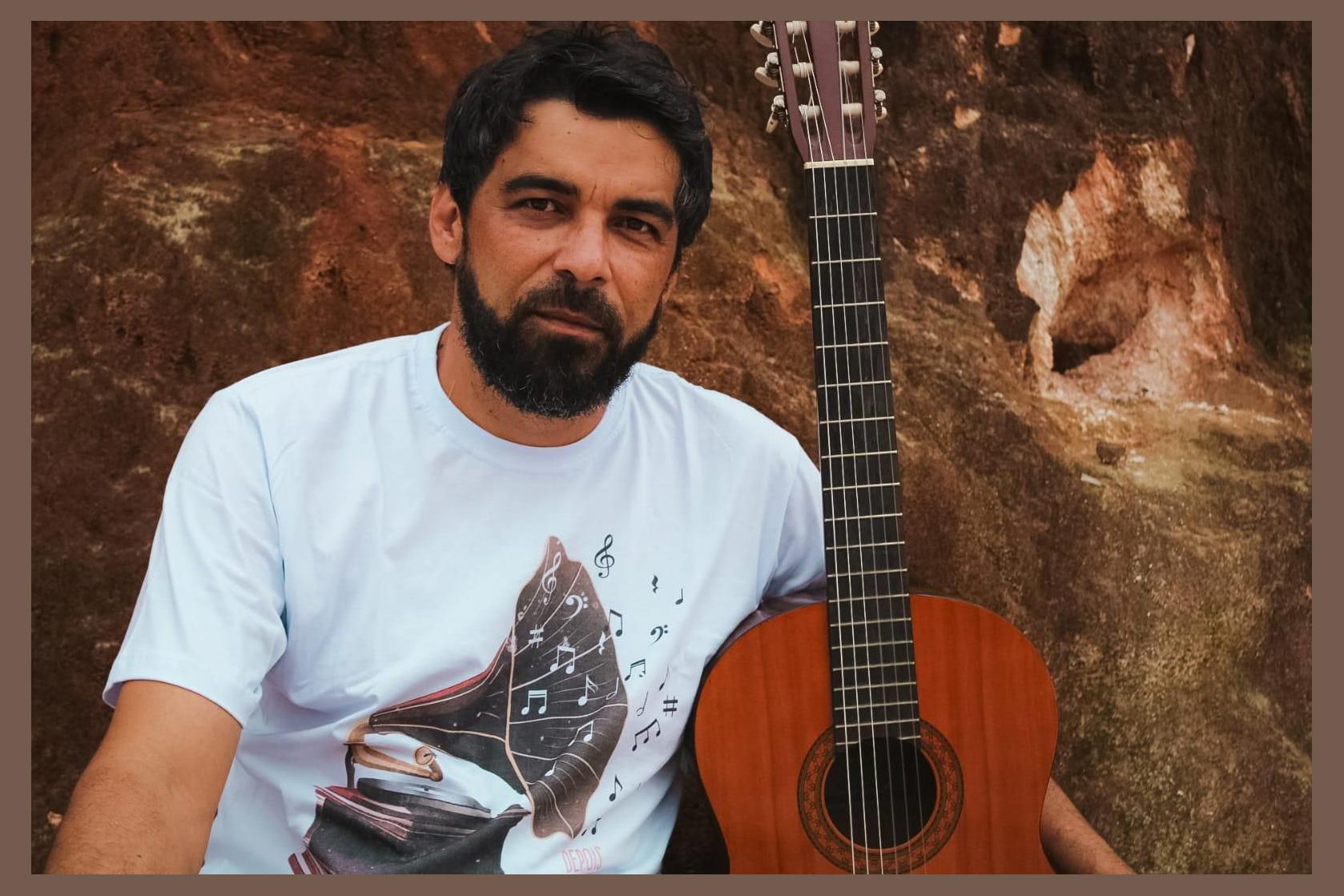 Zaia Freire
Zaia Freire
Zaia Freire: A Journey of Melodies and Controversies
Nestled amidst the vibrant tapestry of Brazilian music, Zaia Freire emerged as a captivating force, etching her name into the hearts of listeners with her ethereal vocals and haunting melodies. Her signature song, "A Moça Que Passa," became an anthem of longing and desire.
Early Life and Musical Roots:
Born in Rio de Janeiro in 1957, Zaia Freire was immersed in music from a tender age. She began playing the violin at age five and honed her vocal skills as a teenager. Inspired by the likes of João Gilberto and Elis Regina, her music showcased a blend of traditional Brazilian styles and contemporary influences.
Career Breakthrough and "A Moça Que Passa":
In 1978, Freire released her eponymous debut album, which catapulted her to fame. The lead single, "A Moça Que Passa," became an instant classic, captivating audiences with its evocative lyrics and Freire's mesmerizing voice. The album's success set the stage for a prolific career spanning decades.
Challenges and Controversies:
Freire's journey was not without its challenges. In the early days of her career, she faced criticism for her unconventional style and outspoken views. Her personal life also garnered attention, leading to controversies that threatened to overshadow her music.
Despite the obstacles, Freire persevered, using her platform to advocate for social justice and women's rights. Her resilience and authenticity only further endeared her to her fans.
Discography and Musical Influences:
Throughout her career, Zaia Freire released a string of critically acclaimed albums. Notable releases include:
* "Zaia Freire" (1978)
* "No Balanço do Batuque" (1981)
* "O Canto da Cigarra" (1986)
* "Brasil de Corpo e Alma" (1992)
* "Ao Vivo" (2005)
Freire's music drew inspiration from diverse sources, including Brazilian folk, jazz, and bossa nova. Her songs often explored themes of love, loss, and the human condition.
Members and Collaborations:
Zaia Freire's band consisted of a talented group of musicians who helped shape her unique sound. Key members included:
* Celso Fonseca (Acoustic Guitar)
* Jorge Helder (Electric Guitar)
* Paulo Moura (Saxophone)
* Chico Batera (Drums)
Freire also collaborated with renowned artists such as Gilberto Gil, Caetano Veloso, and Marisa Monte. These collaborations further enriched her musical tapestry.
Legacy and Impact:
Zaia Freire's music continues to resonate with audiences around the world. Her songs have been featured in films, television shows, and countless live performances. Her artistry has inspired generations of musicians and solidified her place as one of the most influential Brazilian artists of all time.
Despite the controversies and obstacles she faced, Freire's unwavering passion for music and her commitment to social justice left an inde
Nestled amidst the vibrant tapestry of Brazilian music, Zaia Freire emerged as a captivating force, etching her name into the hearts of listeners with her ethereal vocals and haunting melodies. Her signature song, "A Moça Que Passa," became an anthem of longing and desire.
Early Life and Musical Roots:
Born in Rio de Janeiro in 1957, Zaia Freire was immersed in music from a tender age. She began playing the violin at age five and honed her vocal skills as a teenager. Inspired by the likes of João Gilberto and Elis Regina, her music showcased a blend of traditional Brazilian styles and contemporary influences.
Career Breakthrough and "A Moça Que Passa":
In 1978, Freire released her eponymous debut album, which catapulted her to fame. The lead single, "A Moça Que Passa," became an instant classic, captivating audiences with its evocative lyrics and Freire's mesmerizing voice. The album's success set the stage for a prolific career spanning decades.
Challenges and Controversies:
Freire's journey was not without its challenges. In the early days of her career, she faced criticism for her unconventional style and outspoken views. Her personal life also garnered attention, leading to controversies that threatened to overshadow her music.
Despite the obstacles, Freire persevered, using her platform to advocate for social justice and women's rights. Her resilience and authenticity only further endeared her to her fans.
Discography and Musical Influences:
Throughout her career, Zaia Freire released a string of critically acclaimed albums. Notable releases include:
* "Zaia Freire" (1978)
* "No Balanço do Batuque" (1981)
* "O Canto da Cigarra" (1986)
* "Brasil de Corpo e Alma" (1992)
* "Ao Vivo" (2005)
Freire's music drew inspiration from diverse sources, including Brazilian folk, jazz, and bossa nova. Her songs often explored themes of love, loss, and the human condition.
Members and Collaborations:
Zaia Freire's band consisted of a talented group of musicians who helped shape her unique sound. Key members included:
* Celso Fonseca (Acoustic Guitar)
* Jorge Helder (Electric Guitar)
* Paulo Moura (Saxophone)
* Chico Batera (Drums)
Freire also collaborated with renowned artists such as Gilberto Gil, Caetano Veloso, and Marisa Monte. These collaborations further enriched her musical tapestry.
Legacy and Impact:
Zaia Freire's music continues to resonate with audiences around the world. Her songs have been featured in films, television shows, and countless live performances. Her artistry has inspired generations of musicians and solidified her place as one of the most influential Brazilian artists of all time.
Despite the controversies and obstacles she faced, Freire's unwavering passion for music and her commitment to social justice left an inde